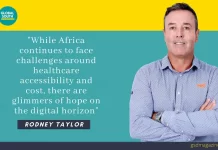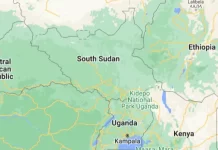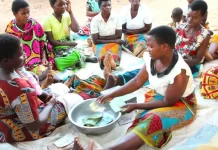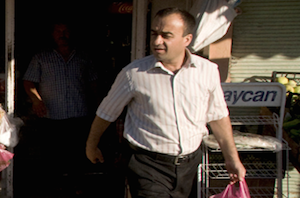By WINSTON MWALE
[dropcap]O[/dropcap]ver 100 African Civil Society Organizations have called upon the South African government to investigate and bring to justice instigators behind the perpetration of the xenophobic attacks, as the continent is reeling from the violence.
In an open letter to the African Commission, the CSO’s, including 16 from Malawi, said they are particularly concerned about the loss of lives, injuries to persons, and damage to private property and the dignity of foreign nationals living in South Africa.
Some of the Malawian NGOs that have appended their signatures on the petition include Centre for Development of People (CEDEP), Malawi Network of Religious Leaders Living with or Personally Affected by HIV and AIDS (MANERELA+), and Malawi Economic Justice Network (MEJN).
The CSOs described the xenophobic attacks as a grave violation of the victims’ rights protected under the African Charter on Human and Peoples’ Rights (the African Charter).
According to the CSOs, the South Africa government should bring perpetrators of violence against foreign nationals to justice.
“To facilitate such prosecutions the Department of Justice [in South Africa] should set up special courts, as was done during the 2010 World Cup in South Africa, to deal with all cases of violence against foreign nationals in a bid to ease the burden on the courts. Information on accessing these courts should be widely disseminated,” reads part of the open letter.
The CSOs have also urged the South African government to protect foreign nationals from further attacks, including by increasing police presence in high-risk areas and immediately implementing conflict resolution initiatives in these areas involving the Department of Home Affairs.
“Provide urgent humanitarian assistance to internally displaced foreign nationals in the country, including counselling for trauma,” reads part of the petition.
The on-going xenophobic attacks initially started in the coastal city of Durban and later spread to Johannesburg, South Africa’s largest city.
The South African xenophobic perpetrators were reportedly looting foreigners’ properties and attacking immigrants in general, forcing hundreds of migrants to relocate to police stations across the country.
Some African countries have started repatriating their nationals in the wake of the attacks.
The Malawi government has so far repatriated over 800 of its nationals caught up in the xenophobic attacks.
As of 19 April, 2015, at least six people were reportedly killed in the attacks, and more than 300 people have been arrested.
South Africa’s Zulu King Goodwill Zwelithini has been accused of fuelling the attacks by saying that foreigners should “go back to their countries”.
However, in his statement during the Imbizo ceremony recently, the Zulu King said his comments were distorted.
He said accusations against him of inciting violence were incorrect because the country has only been shown a portion of his speech.
“If it were true that I said foreigners must go, this country would be up in flames,” he said.
Recently, there has been a spate of demonstrations against the xenophobic attacks in various parts of the continent, including in Malawi.
Meanwhile, Nigeria has recalled its envoy in South Africa in protest against the xenophobic attacks, the first country to do take such a drastic action so far.
The Nigerian Union in South Africa says more than 4.6 million Rand, about 84 million Naira, has been lost by Nigerians to the xenophobic attacks.










